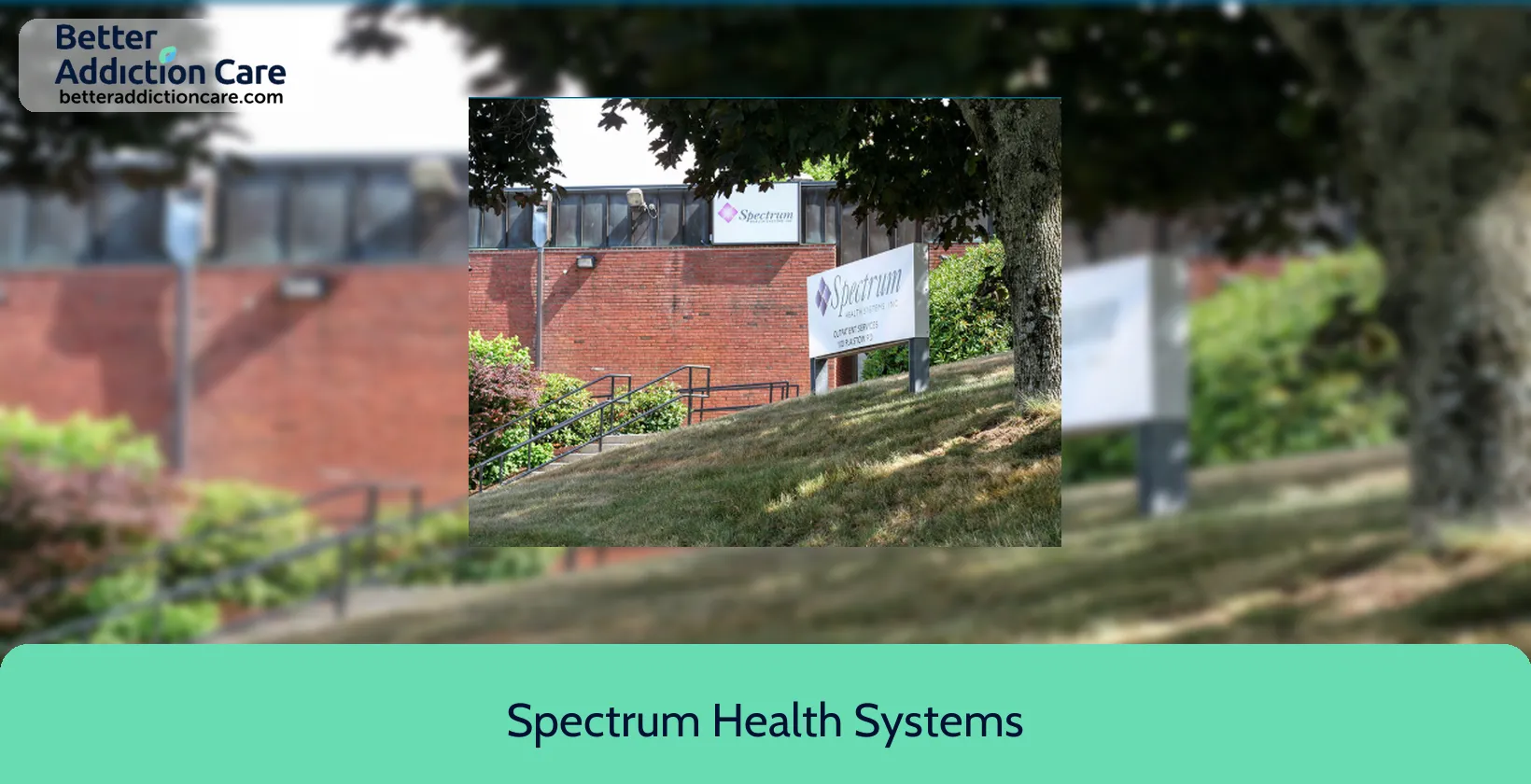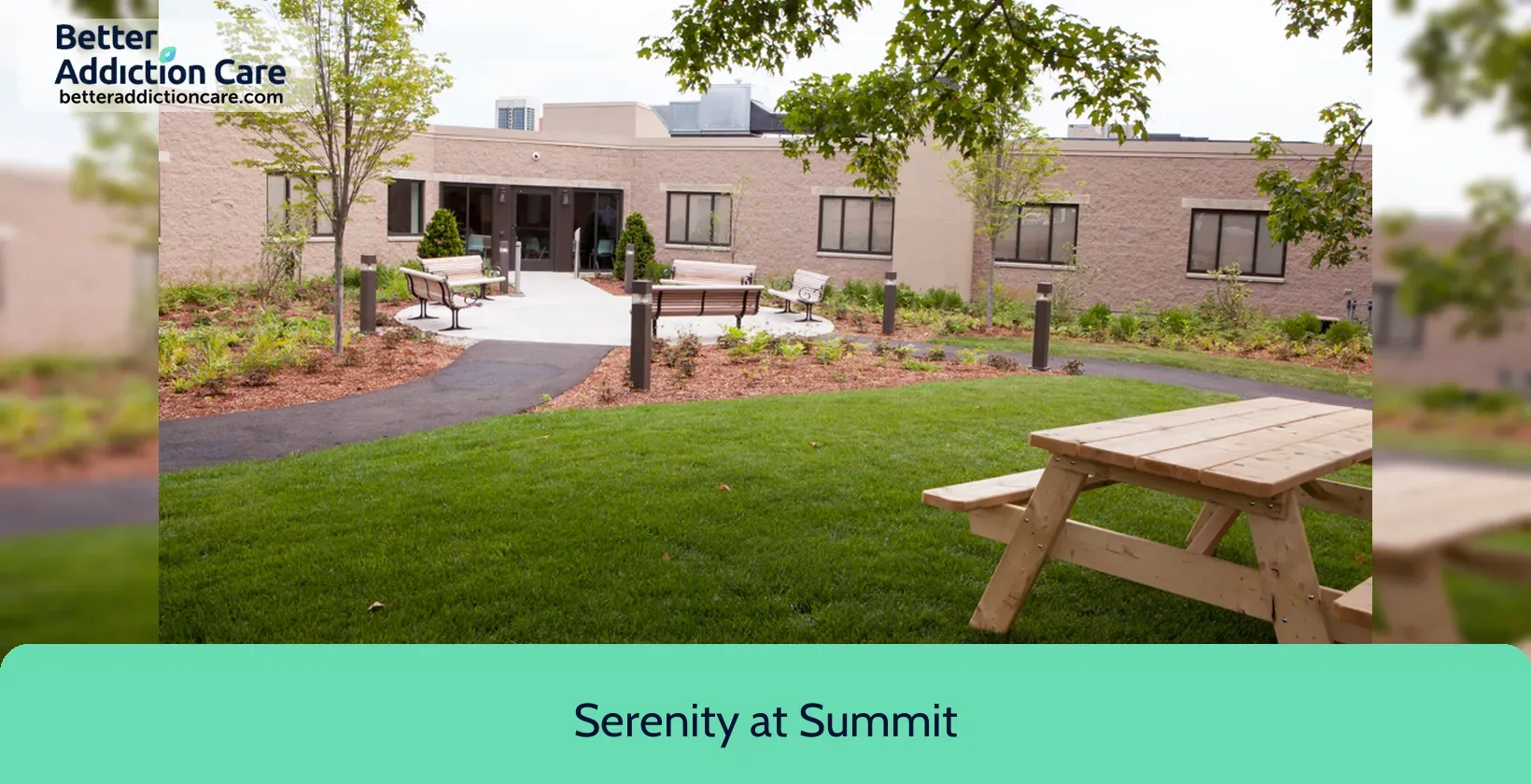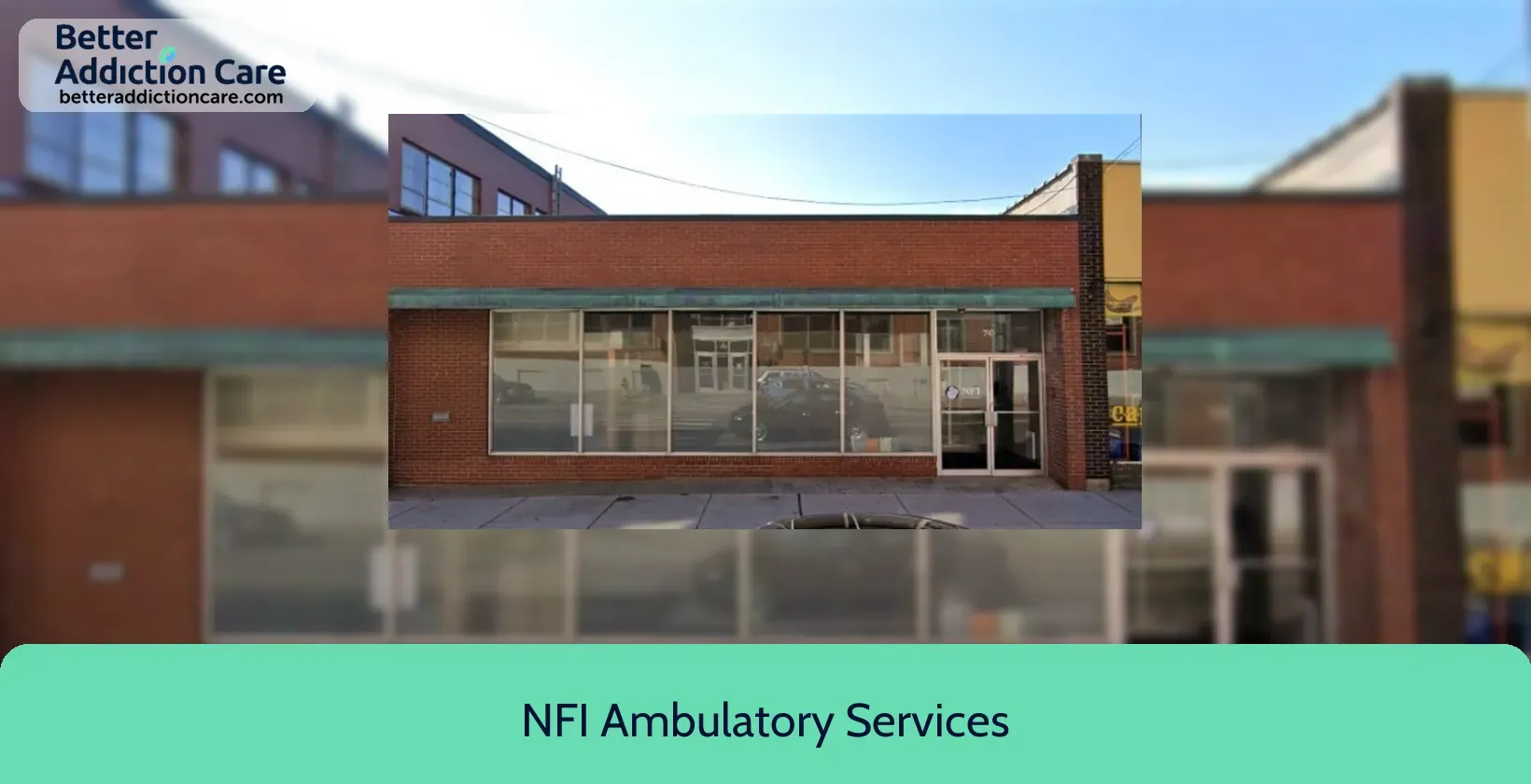NFI Ambulatory Services
Overview
Adolescents and adults in Haverhill, Massachusetts may get comprehensive treatment for drug addiction and mental health issues at NFI - Structured Outpatient Addiction Program (SOAP). The North American Family Institute (NAFI), a group committed to assisting at-risk people and families in realizing their full potential, provides this program as part of its larger services. The Normative Community methodology—a strategy intended to promote constructive community involvement and personal development—and community-based treatment are at the core of NFI's methodology.
NFI Massachusetts was established in 1974, at a time when the Commonwealth was undergoing progressive change in its handling of social concerns. Dr. Yitzhak Bakal, a pioneer in community-based services for adjudicated kids, founded the organization, which has now expanded to include a variety of cutting-edge initiatives. NFI Massachusetts started out with an Outreach and Tracking program and has now grown to include more than thirty programs. State departments, including the Department of Mental Health (DMH), the Department of Developmental Services (DDS), the Department of Children and Families (DCF), and the Youth Services (DYS), in addition to other organizations like the Massachusetts Rehabilitation Commission (MRC) and the Massachusetts Behavioral Health Partnership (MBHP), provide funding for these services.
A number of crucial services are offered by NFI's Structured Outpatient Addiction Program, such as treatment, evaluations, and care that are gender-and culture-responsive as well as trauma-informed. The program's main objectives are to assist clients overcome obstacles and provide the groundwork for a long-lasting rehabilitation by fostering their social, communication, problem-solving, and leadership abilities. People are urged to interact with experts and peers in a nurturing setting, emphasizing the Normative Approach, which promotes personal development via teamwork and community.
The North American Family Institute, which runs human services initiatives in 10 states, is connected to NFI Massachusetts. Because of the high degree of individualization in their services, patients may acquire practical life skills, gain personal insight, and get therapy in the least restrictive environments. In order to provide clients with a network of enduring connections, this holistic approach actively involves family members, schools, church groups, and other service organizations in the treatment process.
NFI Massachusetts improves the efficacy of its programs by emphasizing community ties and supporting relationships, which helps clients maintain the progress they achieve throughout therapy and lowers the risk of relapse. By using an integrated strategy, NFI builds normative and compassionate communities that enable people to flourish regardless of how complicated their demands may be.
NFI Ambulatory Services at a Glance
Payment Options
- Cash or self-payment
- Medicaid
- State-financed health insurance plan other than Medicaid
- Private health insurance
- Federal military insurance (e.g., TRICARE)
Assessments
- Comprehensive mental health assessment
- Comprehensive substance use assessment
Age Groups
- Children/adolescents
- Young adults
- Adults
- Seniors
- Adolescents
Ancillary Services
- Case management service
- Court-ordered outpatient treatment
Highlights About NFI Ambulatory Services
7.00/10
With an overall rating of 7.00/10, this facility has following balanced range of services. Alcohol Rehabilitation: 8.00/10, Drug Rehab and Detox: 6.00/10, Insurance and Payments: 6.67/10, Treatment Options: 7.33/10.-
Alcohol Rehabilitation 8.00
-
Treatment Options 7.33
-
Insurance and Payments 6.67
-
Drug Rehab and Detox 6.00
Treatment At NFI Ambulatory Services
Treatment Conditions
- Mental health treatment
- Alcoholism
- Substance use treatment
- Co-occurring Disorders
- Opioid Treatement
Care Levels
- Partial Hospitalization Program
- Outpatient
- Hospital inpatient treatment
- Hospital inpatient/24-hour hospital inpatient
- Outpatient day treatment or partial hospitalization
Treatment Modalities
- Couples/family therapy
- Group counseling
- Cognitive behavioral therapy
- Dialectical behavior therapy
- Integrated Mental and Substance Use Disorder treatment
Ancillary Services
Special Programs
- Clients with co-occurring mental and substance use disorders
- Criminal justice (other than DUI/DWI)/Forensic clients
Get Help Now
Common Questions About NFI Ambulatory Services
Contact Information
Other Facilities in Haverhill

6.59

7.20

7.59
DISCLAIMER: The facility name, logo and brand are the property and registered trademarks of Serenity at Summit, and are being used for identification and informational purposes only. Use of these names, logos and brands shall not imply endorsement. BetterAddictionCare.com is not affiliated with or sponsored by Serenity at Summit.

